POTASSIUM/SODIUM PHOSPHATE - ORAL
PHONETIC PRONUNCIATION: (poh-TASS-ee-um/SO-dee-um FOSS-fate)
COMMON BRAND NAME(S): K-Phos
GENERIC NAME(S): sodium phosphate,dibasic/pot phos,monob/sod phosphate mono
Uses
USES: This drug may be used in people who cannot get enough phosphorus from their diets. Phosphorus is a natural body mineral that is very important for building and maintaining bone. It helps control the amount of calcium in the body and urine.
How to use POTASSIUM/SODIUM PHOSPHATE - ORAL
HOW TO USE: Take this medication by mouth, usually 4 times a day with meals and at bedtime or as directed by your doctor. Take this medication with a full glass of water (8 ounces or 240 milliliters). Do not lie down for at least 10 minutes after taking this medication. Take this medication regularly in order to get the most benefit from it. To help you remember, take it at the same times each day. Your dosage depends on your condition and response to therapy. Take this medication 2-3 hours before or after taking any products containing magnesium, aluminum, or calcium. Some examples include quinapril, didanosine, vitamins/minerals, and antacids. Dairy products (e.g., milk, yogurt), calcium-enriched juice, sucralfate, bismuth subsalicylate, iron, and zinc are also included. These products bind with phosphate, preventing its full absorption. Take this medication as prescribed. Do not increase your dose or take this more often without your doctor's approval.
Side Effects
Precautions
Interactions
Overdose
Images
Reviews
Faq for POTASSIUM/SODIUM PHOSPHATE - ORAL
Potassium/sodium phosphate - oral is a medication that contains a combination of potassium phosphate and sodium phosphate. It is used to treat low levels of phosphorus in the blood.
Potassium/sodium phosphate - oral works by increasing the levels of phosphorus in the blood. Phosphorus is an essential mineral that plays a crucial role in many bodily functions, including energy production, bone health, and cell growth.
Common side effects of potassium/sodium phosphate - oral may include stomach upset, diarrhea, nausea, vomiting, and increased urination. It is important to contact a healthcare provider if these side effects persist or become severe.
Potassium/sodium phosphate - oral should be taken exactly as prescribed by your doctor. The dosage and frequency will depend on your individual condition and needs. It is usually taken with food to reduce the risk of stomach upset.
If you miss a dose of potassium/sodium phosphate - oral, take it as soon as you remember. However, if it is almost time for your next scheduled dose, skip the missed dose and continue with your regular dosing schedule. Do not double up on doses to make up for a missed one.
It is important to inform your doctor or pharmacist about all other medications you are taking, including over-the-counter drugs, vitamins, and herbal supplements. Certain medications may interact with potassium/sodium phosphate - oral and affect its effectiveness or increase the risk of side effects.
Individuals who are allergic to potassium/sodium phosphate or any of its ingredients should not take this medication. It is also important to inform your doctor if you have a history of kidney problems, heart problems, or electrolyte imbalances before starting potassium/sodium phosphate - oral.
The timeframe for potassium/sodium phosphate - oral to work may vary depending on the individual and the underlying condition being treated. It is important to follow the prescribed dosage and regularly monitor blood phosphorus levels to assess the effectiveness of the medication.
No, you should not stop taking potassium/sodium phosphate - oral without consulting your doctor. Even if your symptoms improve, it is important to complete the full course of treatment as prescribed. Suddenly stopping the medication may lead to a recurrence of low phosphorus levels.
Disclaimer
IMPORTANT: HOW TO USE THIS INFORMATION: This is a summary and does NOT have all possible information about this product. This information does not assure that this product is safe, effective, or appropriate for you. This information is not individual medical advice and does not substitute for the advice of your health care professional. Always ask your health care professional for complete information about this product and your specific health needs.
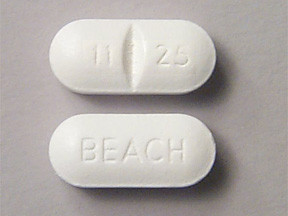
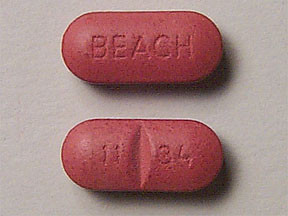
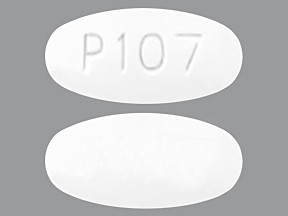
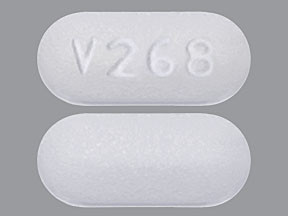

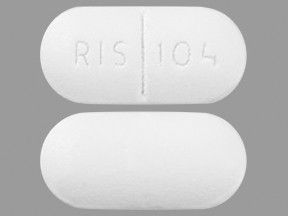
No Reviews Yet